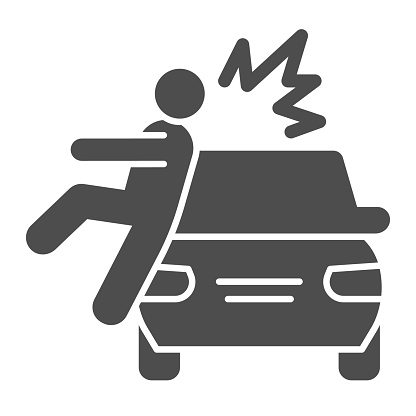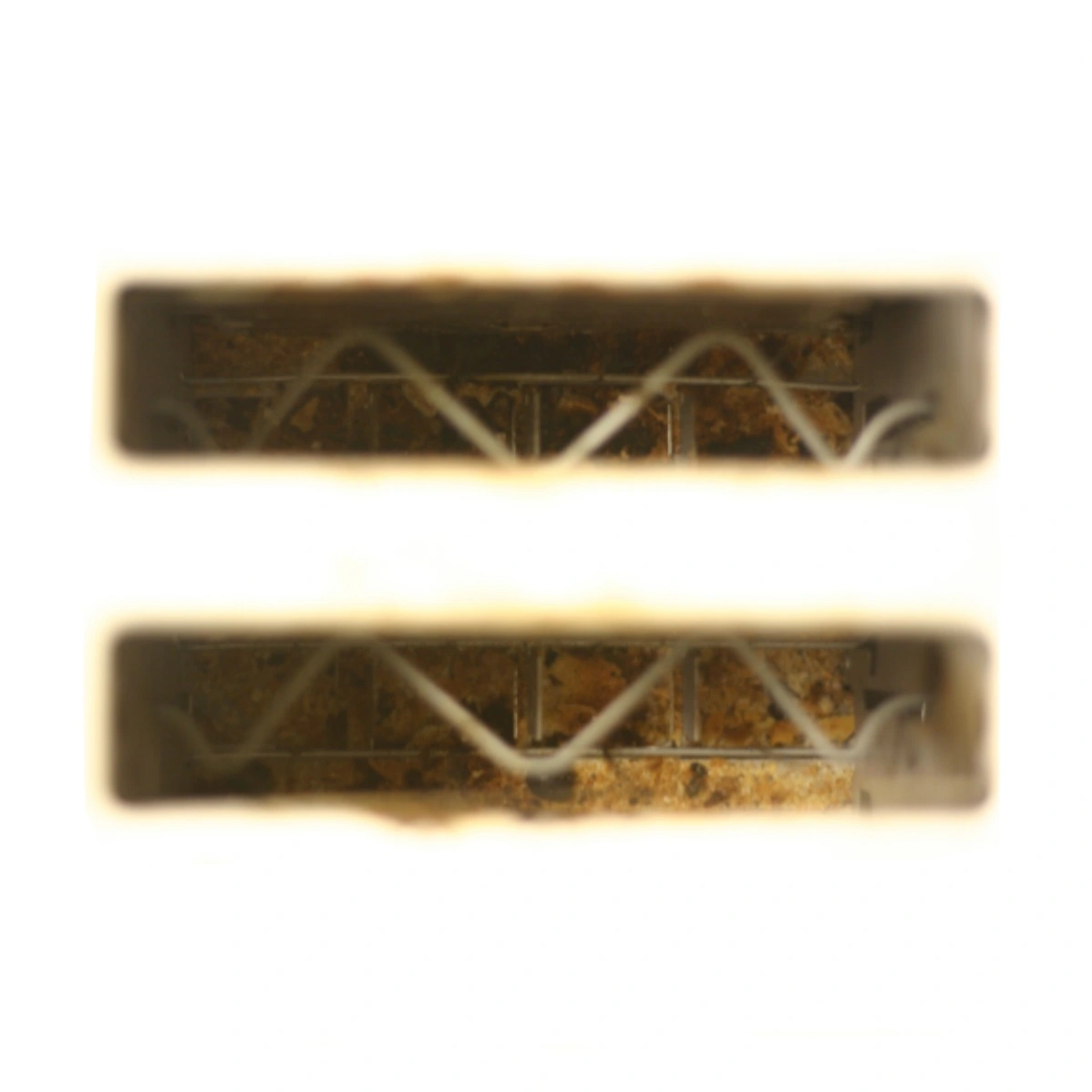- cross-posted to:
- fuckcars@lemmy.world
- cross-posted to:
- fuckcars@lemmy.world
cross-posted from: https://lemmy.world/post/15424245
A highway camera photo shows traffic in FortMcMurray jammed in the southbound lane of Highway 63 on the north side of the Athabasca River. The image was captured at 3:11 p.m. MT, about an hour after an evacuation order was issued for four neighbourhoods. (511 Alberta)
Evacuation order issued as wildfire threatening Fort McMurray draws closer https://www.cbc.ca/news/canada/edmonton/alberta-wildfire-grande-prairie-fort-mcmurray-1.7203695
What I don’t understand is why haven’t the police or anyone else diverted traffic so that only one way traffic is allowed on those other two bridges for increasing evacuation volume and speed? I’m sure there’s a reason, I’m just unfamiliar with the location. I don’t know if that reason is good though.
Evacuating without them is even more of a bottleneck.
Not really, you can fit a lot more people away through other means
In emergencies you see buses and planes used
Sure, you can fit more people into buses, but most places don’t have enough buses to evacuate entire cities.
Planes are just a joke for mass evacuation.
This sub is absolutely nuts if it thinks mass transit, cycling or walking is going to be a more practical option for evacuation.
How is mass transit not more practical? You get hundreds of people on a single train, get them to a safe spot, and support the population with last-mile transit.
You can route as many extra trains as possible to go back and forth, getting way more people through.
OP’s photo has fewer people in just that pic than could fit on a train, and yet they’re all going to be sitting in traffic for hours, endangering everyone.
It’s very dependent in what city needs to be evacuated. I’ve lived in Ft McMurray, the city in this picture and its remote. It’s almost 500km from Edmonton, the next nearest big city, where most of these people will be evacuated to. Even if there was passenger rail service up to there each round trip would be over 10 hours. Evacuating almost 70k people by rail would not be feasible in this situation, not that it wouldn’t be a good option during an emergency in less remote city.
Cars take the most amount of space to transport the least amount of people. There are extremely densely populated cities all over the world that routinely move people in from hundreds of kilometres away every day for work. A single Japanese Shinkansen train can move 15,640,000 people per day and operate up to 500km/h. But even busses would suffice as the infographic below shows.

I think the problem is sending the trains back in. Depending on the reason for the evacuation it could be prohibitively dangerous. And then there are people waiting for the train to come back.
I don’t know what the solution is.
This isn’t a car thing so much as a people thing. Especially mobs of people.
It’s always gonna be chaos.
Cars take the most amount of space to transport the least amount of people. There are extremely densely populated cities all over the world that routinely move people in from hundreds of kilometres away every day for work. A single Japanese Shinkansen train can move 15,640,000 people per day and operate up to 500km/h. But even busses would suffice as the infographic below shows.

Right,but my comment wasn’t about the amount of people being transported.
It’s that people will panic and act dumb in an emergecy causing chaos regardless.
No plan survives contact with the enemy.
I would say an evacuation is one of the best use cases of cars I can think of. Cars are most likely packed with people and stuff and not just single drivers commuting. Everyone can start at a different point and - even more important - head into a different direction once you left the immediate surroundings of the evacuation zone. And cars are at - least temporarily - indepenent from energy infrastructure. If you have a power outage in an area, many cars will still have sufficient fuel or electricity in board to reach the next working petrol or charging station.



